
Chocolate, Sex, and Relationships: A Healthy Treat in Pictures
Chocolate Is Today's Healthy Treat
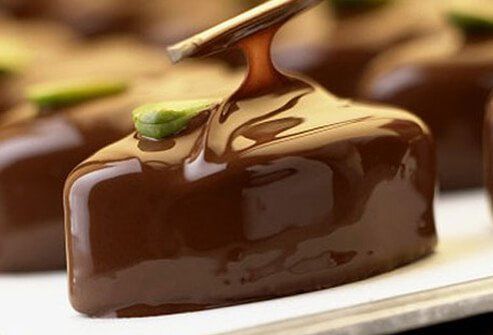
Chocolate. There are few foods that evoke as much passion as this decadent treat. Folklore from many cultures claimed that consuming chocolate instilled faith, health, strength, and sexual passion. Once an indulgence of royalty, it is now a treasured and accessible – and yes, even healthy – treat. So where did our infatuation with chocolate begin?
Where Does Chocolate Come From?
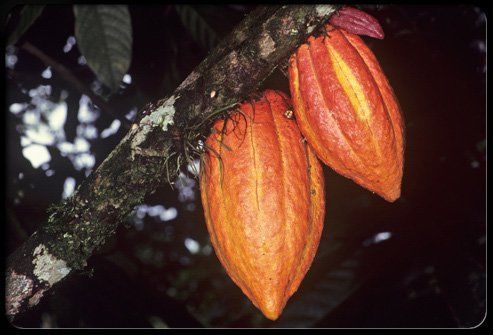
The cacao tree, whose pods contain seeds that can be processed into chocolate, was discovered 2,000 years ago in the tropical rainforests of the Americas. The first people known to have consumed cacao were the Classic Period Maya (250-900 A.D.). They mixed ground cacao (cocoa) seeds with seasonings to make a bitter, spicy drink that was believed to be a health elixir.
What Was Chocolate's Great Allure?
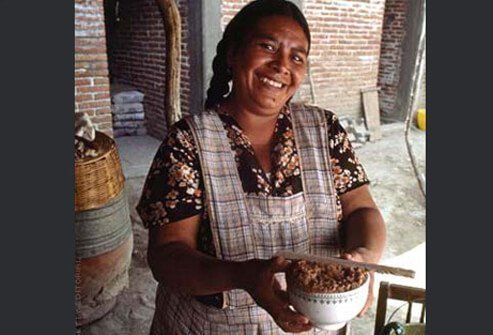
To the Mayans, cocoa pods symbolized life and fertility. The pod was often represented in religious rituals, including marriage ceremonies, and was referred to as food of the gods. In central Mexico, the Aztecs believed that wisdom and power came from eating the fruit of the cocoa tree, and that it had nourishing, fortifying, and even aphrodisiac qualities.
Europeans Are Charmed by Chocolate
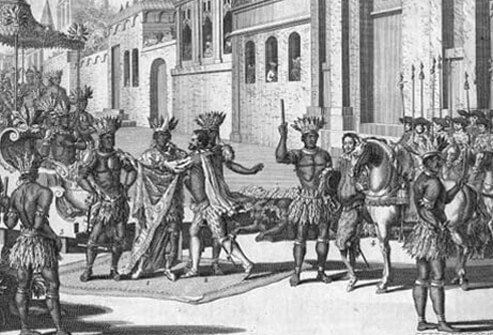
Europeans got their first taste of chocolate in 1519, when Montezuma offered the spicy drink to Spanish explorer Cortés and his army. The Spanish conquistadors brought cocoa seeds back to Spain, where they introduced new spices and sugar to the liquid concoction. The fad drink spread throughout Europe, where it remained a beverage of the elite for centuries.
Chocolate's Seductive Reputation
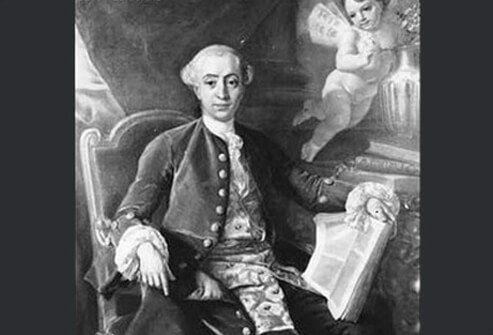
Chocolate’s reputation as an aphrodisiac flourished in the French royal court. Erotic art and literature were inspired by the seductive substance. Casanova, the infamous womanizer, made a habit of drinking chocolate before his romantic escapades. Even today, romantic lore commonly identifies chocolate as an aphrodisiac.
Chocolate Goes Global

The first machine-made chocolate was produced in Barcelona in 1780, paving the way for the mass production of chocolate. Later, mechanical inventions made it possible to produce smooth, creamy, solid chocolate for eating - not just the liquid for drinking. The first solid chocolate bar was developed by British chocolate maker Fry & Sons in the early 1800s.
Chocolate Gifts on Valentine's Day

"It's believed that during the 17th century, lovers began exchanging mementos on Valentine's Day – sweet treats were one of them. In 1868, the first Valentine's Day box of chocolates was introduced [by Richard Cadbury]," says Susan L. Fussell, senior director of communications for the National Confectioners Association.
Three Cheers for Chocolate!

In 1875, the first milk chocolate was introduced to the market by Daniel Peter of Switzerland. Chocolate became so popular around the world that even during World War II the U.S. government shipped cocoa beans to the troops. Today, the U.S. Army includes chocolate bars in their rations. Chocolate has even been taken into space as part of the diet of U.S. astronauts.
Is Chocolate Really an Aphrodisiac?

Not really, even though throughout its history, chocolate has been purported as one. Chocolate contains small amounts of a chemical called phenylethylamine (PEA), a.k.a. the "love drug," and it's been linked to the regulation of physical energy, mood, and attention. A tiny amount of PEA is released at moments of emotional euphoria, elevating blood pressure and heart rate. There is no evidence that PEA found in foods increases PEA in the brain – although many chocolate lovers may beg to differ!
Chocolate Makes Health Headlines
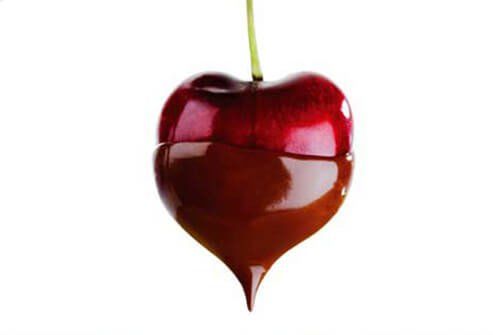
Dark chocolate (as opposed to milk or white chocolate) contains healthful flavonoids similar to those found in tea, red wine, fruits, and vegetables. One small study suggests that dark chocolate can improve blood vessel flow and may improve blood sugar and insulin sensitivity to help reduce the risk of diabetes. But beware, chocolate candy has plenty of saturated fat and sugar, so only enjoy small portions of it as part of a healthy diet.










